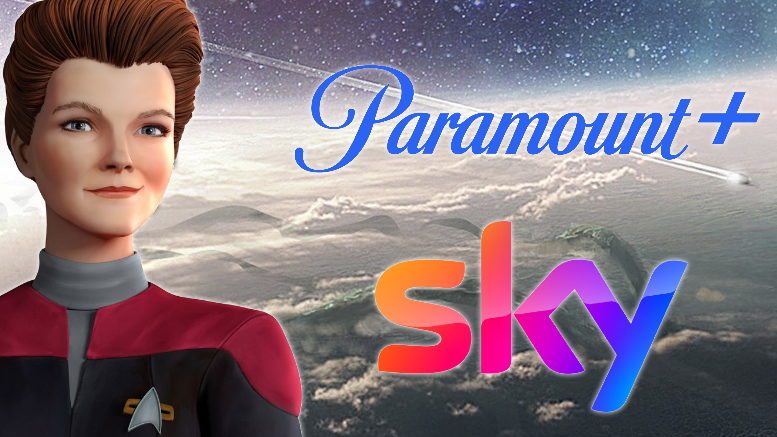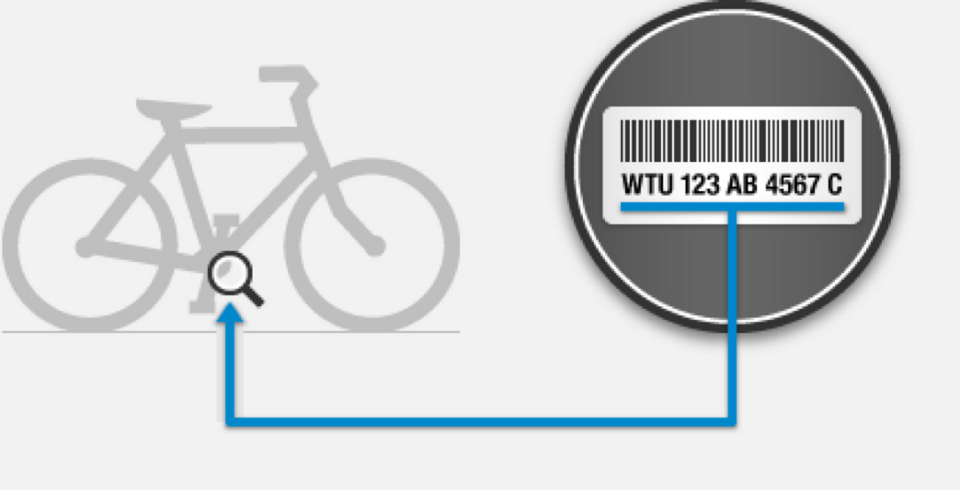A stardate is a fictional system of time measurement developed for the television and film series Star Trek. In the series, use of this date system is commonly heard at the beginning of a voice-over log entry, such as 'Captain's log, stardate 41153.7. Our destination is planet Deneb IV …'. While the original method was inspired by the Julian date[1][2] system currently used by astronomers, writers and producers have selected numbers using different methods over the years, some more arbitrary than others. This makes it impossible to convert all stardates into equivalent calendar dates, especially since stardates were originally intended to avoid specifying exactly when Star Trek takes place.[3]
Original stardate[edit]

Registration is a quick and easy way to protect your new-bike investment. It provides a record of your serial number in case your bike is ever lost or stolen, and will help us get in touch with you with important product information. Register your bike. By clicking Register your bike, you consent to sending the above information to Trek Bicycle. By submitting this form, you consent to sending the above information to Trek Bicycle, which will be stored in the United States. This information may be used for marketing purposes by Trek Bicycle, its subsidiaries, its affiliate Trek Travel LLC, and your local dealers. Trek does not sell, trade, or rent your personal data to third parties.
:format(jpeg):mode_rgb():quality(90)/discogs-images/R-2784540-1300899891.jpeg.jpg)
The original 1967 Star Trek Guide (April 17, 1967, p. 25) instructed writers for the original Star Trek TV series on how to select stardates for their scripts. Writers could pick any combination of four numbers plus a decimal point, and aim for consistency within a single script, but not necessarily between different scripts. This was to 'avoid continually mentioning Star Trek's century' and avoid 'arguments about whether this or that would have developed by then'.[4] The original series would be officially placed between the years 2265 and 2269, with the second pilot beginning on stardate 1312.4 and the last-produced episode on stardate 5928.5.[5] Though the dating system would be revised for Star Trek: The Next Generation, the pilot of Star Trek: Discovery follows the original series' dating system, starting on stardate 1207.3, which is stated precisely to be Sunday, May 11, 2256.[6]

Revised stardate[edit]
Trek Discovery

The three 1990s Star Trek series followed a new numerical convention. Star Trek: The Next Generation revised the stardate system in the 1987 Star Trek: The Next Generation Writer's/Director's Guide, to five digits and one decimal place. According to the guide, the first digit '4' should represent the 24th century, with the second digit representing the television season. The remaining digits can progress unevenly, with the decimal point usually counting days. Stardates of Star Trek: Deep Space Nine began with 46379.1, corresponding to the sixth season of Star Trek: The Next Generation which was also set in the year 2369. Star Trek: Voyager began with stardate 48315.6 (2371), one season after TNG had finished its seventh and final season. As in TNG, the second digit would increase by one every season, while the initial two digits eventually rolled over from 49 to 50, despite the year 2373 still being in the 24th century. Star Trek: Nemesis was set around stardate 56844.9. Star Trek: Discovery traveled to the year 3188, giving a stardate of 865211.3, corresponding to that year in this system of stardates.
Other stardates[edit]
Additional Star Trek media have generated their own numbering systems. The 2009 MMORPGStar Trek Online takes place on stardate 86088.58, in the year 2409.[7] Writer Roberto Orci revised the system for the 2009 film Star Trek so that the first four digits correspond to the year, while the remainder was intended to stand for the day of the year.[8][9][10] In the first installment of the movie trilogy, Spock makes his log of the destruction of Vulcan on stardate 2258.42, or February 11, 2258.[11][better source needed]Star Trek Into Darkness begins on stardate 2259.55, or February 24, 2259.[12]Star Trek Beyond begins on stardate 2263.02, or January 2, 2263.
See also[edit]
- Klingon, an invented language
References[edit]
- ^Lee Anne Nicholson, ed. (1996). Star Trek 30 Years Special Collector's Edition. Paramount Pictures.
- ^Robert H. Justman, Herbert F. Solow (writers), Kellam de Forest (source) (1998). Inside Star Trek: The Real Story (Videotape). 24 minutes in. Retrieved February 8, 2014.
- ^Onion, Rebecca. 'Pages from the Official Star Trek Writers' Guide, 1967'. Slate magazine. The Slate Group. Retrieved 15 May 2013.
- ^Onion, Rebecca. 'Pages from the Official Star Trek Writers' Guide, 1967'. Slate magazine. The Slate Group. Retrieved 15 May 2013.
- ^Okuda, Mike; Okuda, Denise (1993). Star Trek Chronology: The History of the Future. Pocket Books. ISBN0-671-79611-9.
- ^'The Vulcan Hello'. Star Trek: Discovery. Season 1. September 24, 2017. CBS.
- ^'About Start Trek Online'. sto.perfectworld.com. Perfect World Entertainment Inc. 2014. Retrieved 1 February 2014.
Set in 2409, Star Trek Online exists [...]
- ^'THR Profiles Trek's Big Return w/ Trailer Details + Comments from Orci & Kurtzman'. TrekMovie.com. Retrieved 2015-08-31.
- ^'Orci & Kurtzman To Answer Fan Questions At TrekMovie + Transcript Of Last Week's 'Impromptu' Q&A'. TrekMovie.com. Retrieved 2015-08-31.
- ^Orci, Roberto (May 14, 2010). 'Stardate - standard year ...' Twitter. Retrieved June 27, 2011.
- ^http://i.imgur.com/Ft2c5bd.png
- ^'Analysis Of Star Trek Into Darkness IMAX Extended Preview + Open Thread For Prologue & Trailer #2'. TrekMovie.com. Retrieved 2015-08-31.
External links[edit]

- Stardate at Memory Alpha (a Star Trekwiki)